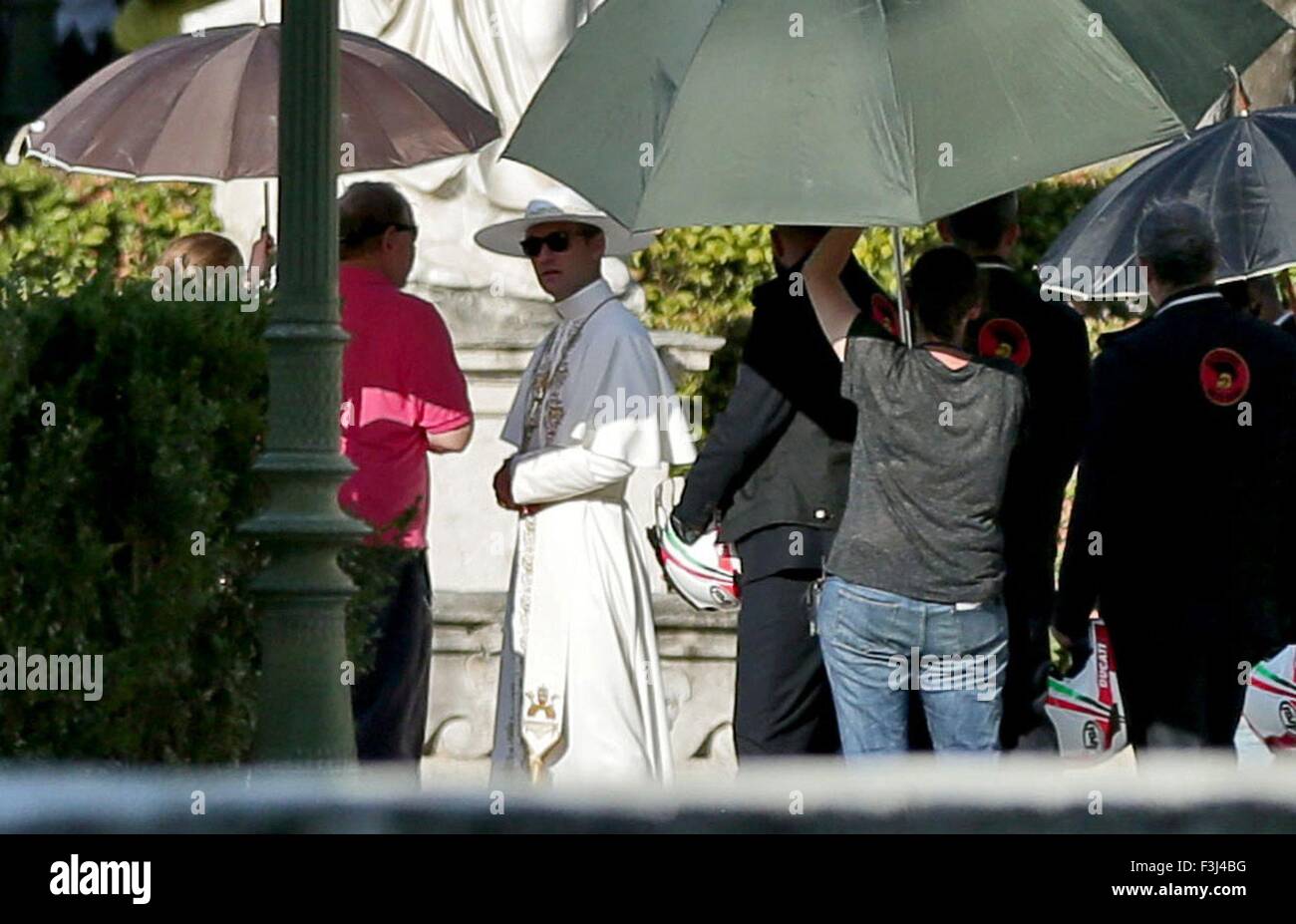Jude Law, a name synonymous with versatility and charisma, has captivated audiences for decades with his remarkable performances across film, television, and theater. Known for his roles in movies like “The Talented Mr. Ripley,” “Cold Mountain,” and more recently, “Fantastic Beasts,” Law’s acting style is a perfect blend of instinct, preparation, and emotional honesty. This article delves into the behind-the-scenes intricacies of Jude Law’s approach to acting, exploring his methods, influences, and the philosophies that drive his craft.
Understanding Jude Law: A Brief Background
Born on December 29, 1972, in Lewisham, London, Jude Law began his acting career on stage before transitioning to film and television. His early work in the Royal National Theatre laid a solid foundation for his acting technique, which would later flourish in various genres.
- Stage Beginnings: Law’s tenure in theater nurtured his understanding of character and emotion.
- Film Breakthrough: His breakout role in “The Talented Mr. Ripley” earned him an Academy Award nomination, showcasing his ability to embody complex characters.
- Continued Evolution: Over the years, Law has reinvented himself, taking on diverse roles that challenge him as an actor.
The Core Principles of Law’s Acting Method
Jude Law’s approach to acting can be distilled into several key principles that he adheres to throughout his career.
1. Emotional Authenticity

At the heart of Jude Law’s performances is his commitment to emotional authenticity. He believes that genuine emotion is the cornerstone of compelling acting. To achieve this, he immerses himself in the psychology of his characters, often conducting extensive research to understand their motivations and backgrounds.
- Character Backstory: Law often creates detailed backstories for his characters, which help him connect with their emotional journeys.
- Personal Experiences: He draws upon his own life experiences to bring depth to his performances, making them relatable and real.
2. Collaboration with Directors
Law values the collaborative nature of filmmaking. He frequently engages in dialogue with directors to align on the vision for the character and the story.
- Open Communication: Law believes that open lines of communication with directors can lead to more nuanced performances.
- Trust in Direction: He trusts the director’s vision and often relies on their feedback to refine his performance.
3. Physicality in Performance

Law understands the importance of physicality in acting. He often modifies his body language and posture to suit the character he is portraying. This physical transformation can be seen in various roles, especially in his portrayal of characters that require a stark departure from his natural demeanor.
- Body Language: Law consciously alters his body language to reflect his characters’ traits.
- Voice Work: He also pays close attention to vocal delivery, adjusting his accent and tone to enhance authenticity.
Case Studies of Law’s Iconic Roles
Examining specific roles can provide deeper insights into Jude Law’s acting approach. Here are a few notable examples:
The Talented Mr. Ripley (1999)
In “The Talented Mr. Ripley,” Law plays Dickie Greenleaf, a wealthy young man whose carefree lifestyle attracts the attention of the con artist Tom Ripley, played by Matt Damon. Law’s portrayal of Dickie is layered with charm and underlying complexity, which he achieves through a careful blend of physicality and emotional depth.
- Preparation: Law spent considerable time studying the mannerisms of the wealthy elite, which helped him embody Dickie’s privileged world.
- Dynamic Range: The shift from Dickie’s carefree charm to moments of tension with Tom showcases Law’s range and emotional authenticity.
Cold Mountain (2003)
In “Cold Mountain,” Law portrays Inman, a Confederate soldier yearning to return home. This role required him to express a profound sense of longing and vulnerability, which he captured through subtle facial expressions and restrained dialogue.
- Physical Transformation: Law underwent a physical transformation to reflect Inman’s hardships during the Civil War.
- Emotional Depth: He leaned into the emotional landscape of the character, portraying his internal struggles with authenticity.
Fantastic Beasts: The Crimes of Grindelwald (2018)
In the “Fantastic Beasts” series, Law plays a younger version of Albus Dumbledore. This role required him to balance wisdom and vulnerability, a challenge that Law met with finesse.
- Character Analysis: Law approached Dumbledore with a focus on his past traumas and moral dilemmas, adding layers to the character.
- Collaboration: Working closely with director David Yates, Law crafted a performance that paid homage to the beloved character while infusing his own interpretation.
The Impact of Method Acting
While Jude Law does not strictly follow any one acting technique, elements of method acting permeate his work. Method acting emphasizes emotional memory and the actor’s personal experiences to inform their performances. Law’s ability to tap into his own feelings and experiences is evident in his diverse roles.
- Emotional Memory: Law often revisits personal memories to evoke authentic emotions during pivotal scenes.
- Immersive Preparation: He engages in immersive preparation, sometimes living in character to understand their psyche better.
Challenges and Growth in Law’s Career

Despite his success, Jude Law has faced challenges throughout his career. The pressure of expectations, the demands of diverse roles, and the pursuit of artistic growth have shaped him as an actor.
- Typecasting Concerns: Early in his career, Law was often typecast in romantic roles, which he worked hard to transcend.
- Artistic Evolution: Law continually seeks out challenging roles that push him outside his comfort zone, demonstrating his commitment to growth.
The Legacy of Jude Law
Jude Law’s impact on the film industry is undeniable. His ability to navigate complex characters with emotional depth has set a benchmark for actors worldwide. He continues to inspire a new generation of performers with his commitment to the craft and his dedication to authenticity.
Conclusion: Key Takeaways from Jude Law’s Acting Approach

Jude Law’s approach to acting is a rich tapestry woven from emotional authenticity, physicality, and collaborative spirit. His journey from stage to screen exemplifies the importance of preparation, adaptability, and a deep understanding of character. As we explore his iconic roles and the principles he embodies, we glean valuable insights into what it means to be a truly compelling actor.
Ultimately, Law’s legacy serves as a reminder that acting is not merely about performance; it is about connection, honesty, and the relentless pursuit of emotional truth.